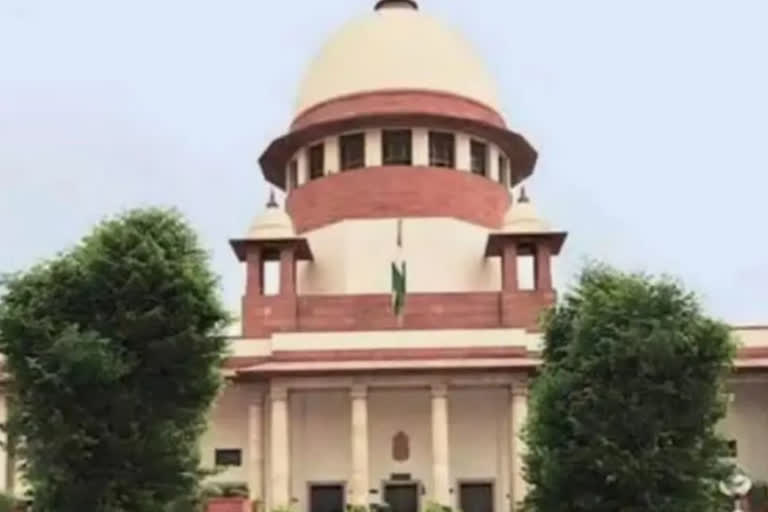New Delhi:The Supreme Court on Wednesday sought responses of the office of the lieutenant governor, pro tem presiding officer Satya Sharma of the Municipal Corporation of Delhi (MCD) and others on a plea filed by AAP mayoral candidate Shelly Oberoi seeking early holding of the mayoral election. A bench of Chief Justice D Y Chandrachud and Justices P S Narasimha and J B Pardiwala said it is issuing notice on the plea and seeking replies by next Monday.
Senior advocate A M Singhvi, appearing for the Aam Aadmi Party (AAP) leader, pointed out that the House was convened three times but the election of the mayor was not held. "We have several objections including that the pro tem presiding officer of the MCD is insisting on holding elections for mayor, deputy mayor and members of standing committee all at once. This is contrary to the Delhi Municipal Corporation Act," he said.
Singhvi said the other issue is the voting rights of nominated members of the House and it needs to be adjudicated. The bench asked Singhvi as to when the voting for mayor is scheduled, to which he replied that no new date has been given. The bench then listed the matter for hearing on February 13. The AAP moved the apex court on Tuesday, a day after the MCD House failed to elect a mayor for the third time following a ruckus as the AAP objected to the presiding officer saying that the aldermen nominated by the lieutenant governor will vote in the election.
The top court had taken note of the submission of Singhvi that it was a "murder of democracy". Singhvi had sought an urgent hearing of the plea saying that the presiding officer had said that let the nominated members vote despite Article 243R of the Indian Constitution. Article 243R, which deals with the issue of the composition of municipalities, reads: "Save as provided in clause (2), all the seats in a Municipality shall be filled by persons chosen by direct election from the territorial constituencies in the Municipal area and for this purpose each Municipal area shall be divided into territorial constituencies to be known as wards".
